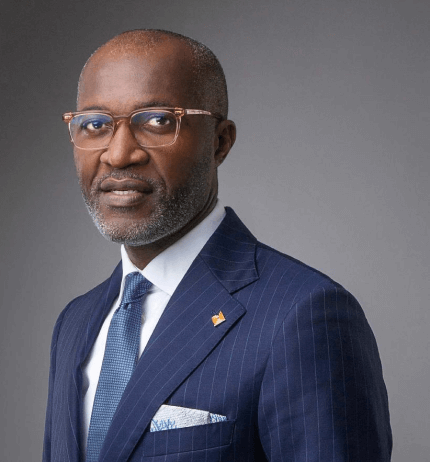EnterpriseNGR, a leading private-sector advocacy group, has called on the Central Bank of Nigeria (CBN) to adopt more transparent foreign exchange (FX) policies and prioritise diaspora fund mobilisation as part of broader efforts to stabilise the naira and strengthen Nigeria’s macroeconomic resilience.
The group made the call during the launch of its flagship publication, The State of Enterprise (SOE) 2025 Report, held on Thursday in Lagos. The report offers a comprehensive review of Nigeria’s enterprise environment and provides policy recommendations aimed at boosting investor confidence, foreign inflows, and financial system stability.
Speaking at the event, EnterpriseNGR said Nigeria’s overreliance on oil, which contributes over 50 percent of the country’s FX earnings, combined with persistent exchange rate volatility and weak capital inflows, continues to place unsustainable pressure on the local currency. It urged the CBN to implement proactive measures to diversify foreign exchange sources and enhance transparency in the FX market.
“Persistent FX volatility, overreliance on oil, and weak FX inflows continue to pressure the naira,” the group stated in the report. “The CBN should implement policies that promote non-oil exports and attract diaspora investments.”
The group advised the central bank to expand targeted funding mechanisms, such as the Export Stimulation Facility, to offer low-interest loans to non-oil exporters. It also recommended prioritising FX access for exporters and increasing engagement with the Nigerian diaspora through investment instruments like diaspora bonds.
According to EnterpriseNGR, issuing more diaspora bonds in smaller denominations with attractive yields and clear use cases—such as infrastructure and healthcare—could enhance trust and broaden participation. Additionally, it suggested working with asset managers to develop regulated vehicles that would channel pooled diaspora funds into strategic sectors of the Nigerian economy.
“Enhancing transparency in FX markets and diversifying inflow sources through diaspora bonds and export credit programs will also help rebuild reserves and restore confidence in the currency,” the report noted.
Beyond currency stability, the report also highlighted systemic vulnerabilities in Nigeria’s financial infrastructure, particularly in cybersecurity. It warned that the rapid growth of digital banking has outpaced the sector’s security capabilities, exposing financial institutions and consumers to rising threats of fraud and data breaches.
The report disclosed that the financial sector lost ₦17.7 billion to fraud in 2023—up sharply from ₦11.6 billion in 2020 and just ₦3 billion in 2019. To address this, EnterpriseNGR recommended that the Office of the National Security Adviser work with the Committee of Chief Information Security Officers of Nigerian Financial Institutions (CCISONFI) to develop and enforce national cybersecurity standards.
It also called on banks to invest in advanced technologies such as artificial intelligence and machine learning for early fraud detection and improved risk analytics.
The advocacy group further raised concerns about financial inclusion, noting that millions in rural and underserved communities still lack access to formal financial services. According to the SOE 2025 Report, the gap is primarily driven by high infrastructure costs, limited digital connectivity, and low profit margins for financial institutions operating in such areas.
“To achieve the 95 percent financial inclusion target, the CBN should introduce targeted incentives for banks expanding into underserved areas,” the report said. It recommended public-private partnerships between state governments and financial institutions to subsidise infrastructure development and suggested utility grants and logistical support to scale agent banking and mobile branch operations.
EnterpriseNGR concluded by stressing that true financial inclusion goes beyond account ownership. It urged stakeholders to promote access to credit, savings, pensions, and insurance products to drive real economic empowerment, particularly in underbanked regions.
The group’s latest report offers a timely blueprint for reform as the country seeks to build a more resilient financial system, reduce its vulnerability to external shocks, and foster inclusive economic growth.





